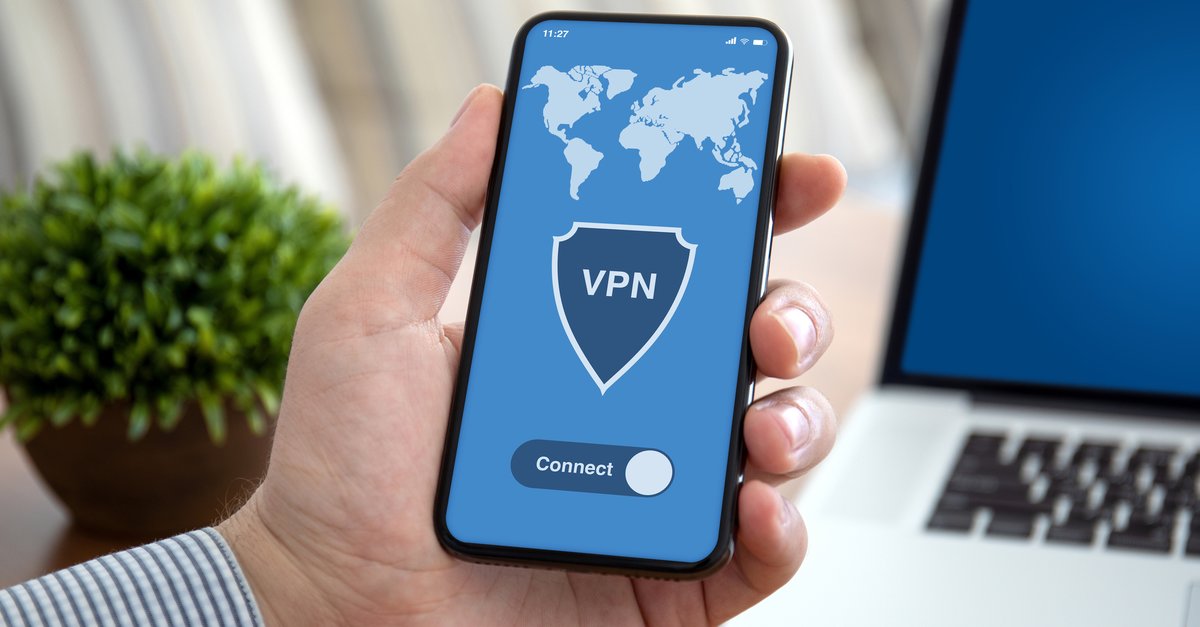Trust is your most important investment
It takes time and effort to build up knowledge of mutual reliability. But trust is one of the most important lubricants in our society. What it brings and how you invest wisely.
Trust is an investment. Anyone who trusts another person assumes that they will behave in a certain way and that this behavior will usually serve the common goals or the common well-being. People who trust each other therefore work better together, work feels better and so does professional social life. The phenomenon can even be measured because the body releases certain hormones when people are comfortable with each other.
Team members trust one another when they have had good experiences with one another. The problem: someone has to start. Going into advance payment with a little trust in advance is not the only way to build trust – but it is quite a worthwhile one.
If members of a team trust each other, they will do a better job. This effect is in numerous studies well occupied. she feel less stress, it is easier for them to address problems, ask for help or offer something. This increases the performance of the entire team.
If, on the other hand, there is a lack of trust, people are more likely to act as lone fighters. It is more sensible for them to protect themselves from the potentially harmful actions of others. If team members are experienced as lazy, selfish, aggressive or sneaky, then it will be difficult to build a basis of trust. If, on the other hand, the trust is already there, it is harder to shake through uniquely negative behavior.
Trust is created through investment, we can learn that from the experiments of the economist and neuroscientist Paul J. Zak. He left people play a gamewhere they could share or keep sums of money for themselves. The money was then tripled. He measured the oxytocin levels in the blood of both participants before and afterwards. Oxytocin is a hormone that is released when people feel confident or feel safe, among other things. And of course the values increased when the playing partner proved to be trustworthy. The investment also paid off: those who gave more got more back.
This little game can be interpreted for professional life. Because in practice, humans are not the benefit-maximizing Homo Oeconomicus, to which so many business graduates were brought up. In many experiments it was shown again and again that people like to cooperate. And they do it when they assume that others will too. This is how the idea of the egoistic individual in the business world created these egoists in the first place. And ultimately harmed economic cooperation.
Good investments in trust can be actions that represent an advance: I will give you something and I trust that you will also give me something later. This is a simple but worthwhile approach, especially when it comes to new work relationships: If two people do not yet know each other, they can create a positive atmosphere through small, good deeds.
Anyone who wants to create a trusting atmosphere should not be stingy with information either. Keeping it exclusive can be tempting, after all, information is mostly what makes a career stronger these days. But those who share can hope to gain knowledge from others themselves. This procedure, like the following, is also well suited if people have been working together for a long time.
Paul Zak also recommends yourself to show vulnerable once in a while. Those who show weaknesses enable others to do the same. This can strengthen the interpersonal bond – by the way, people who always appear strong and invulnerable are in the long run pretty implausible. It is also known from experiments that people who help others like to do so again. In this way, small gestures of trust in advance ultimately become a culture of good cooperation.
Investing in trust is worth it. They make the work more efficient and the company coexistence nicer. And luckily they usually cost: nothing.


